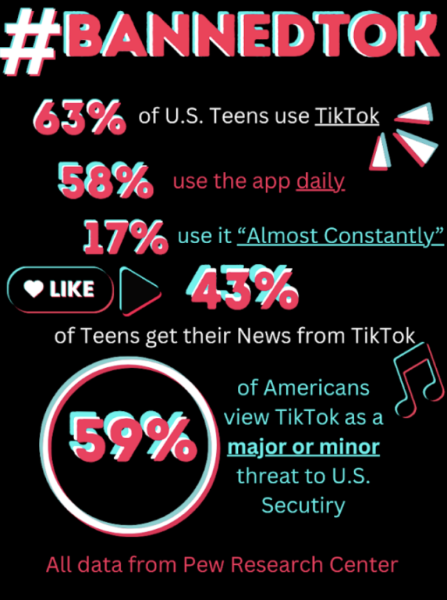Hong Kong protests prompt discussion among students

Throughout the past two months, thousands of pro-democracy protesters in Hong Kong have been taking to the streets surrounding their government’s headquarters. Several months ago, the Chinese government agreed to take steps towards creating a representative democracy in Hong Kong. However, instead of allowing citizens to vote, these representatives were chosen by pro-Beijing officials. Hong Kong citizens have been peacefully displaying their dissatisfaction with these minimal steps towards democracy through their powerful protests.
Some Staples students have heard about these demonstrations on the news, and have seen them all over the internet. However, there are numerous students who have a specifically personal connection with the issue.
“I wasn’t entirely shocked that the Chinese government would pull something like this, given the level of censorship I had heard about and experienced while I was living there,” Nadia Carrié ’15 said.
Carrié lived in Beijing before she moved to Westport as a sophomore, so she was directly immersed in the workings of Chinese society. She explained that while she lived in China for a large portion of her life, it is still hard for her to fathom the way that the Chinese government continuously denies its people simple democratic rights.
The governing of Hong Kong has been a debate for over 100 years. Initially, it was a divided territory, split between British rule and Chinese rule. In 1946 the United Nations declared Hong Kong, along with several other cities, independent. However, in 1997, Hong Kong switched back to full Chinese rule. Hong Kong has its own government, but it is overseen and strongly influenced by the communism and censorship within the rest of China.
“As someone who is accustomed to a more open governmental culture, it’s still strange to think about the fact that some people still believe this is reasonable,” Carrié said.
Several students who have lived in Hong Kong in the past know people in China who are directly involved with the protests. Former Hong Kong resident Abbey Suppan ’17, explained that she was shocked and upset by the violence in Hong Kong, but also strongly believes that their voices should be heard.
Jack Pflug ’16 lived in Hong Kong for several years before moving to Westport, and he explained that some of his friends have participated in the protests. He said that he is proud that so many Hong Kong residents are standing up against the Chinese government, but is worried by the violent opposition to these protests.
“I know that a lot of protests happen in Hong Kong because they use their freedoms to voice their opinions frequently” said Pflug said, “But they had always been very organized, respected and peaceful. I didn’t think that they would ever get violent.”
Like Pflug, Carrié was upset by the Chinese government’s acts of violence, as well as their blatant disrespect of the “one country, two systems” agreement. This agreement states that Hong Kong is allowed to have a completely separate government from China, free from communist influences.
Carrié explained that people she knows in other places throughout China are prevented from learning about the protests due to extreme censorship.
“At first, I didn’t hear much about it, so I didn’t think much of it. Then they started blocking anything that could increase protests,” Estella Zeng, Carrié’s former classmate from Beijing, said.
“They blocked all sorts of websites, even Instagram. That was when I knew it was a big thing,” Zeng said.
Students who have lived in Hong Kong or anywhere in China have strong connections to the people involved in these protests as well as to the city as a whole.
“It is great that a lot of Hong Kongers are standing up for what they believe in,” said Pflug. “And I think that they should do their very best to keep the Chinese government as far away from Hong Kong affairs as possible.”

Emily Wolfe ’15 personifies the word creative. In addition to playing multiple instruments, Wolfe sees her role as an A&E editor as yet another expression...




















































